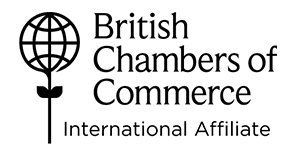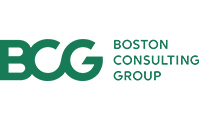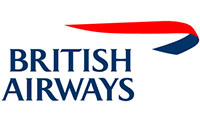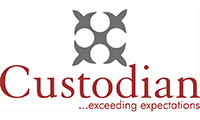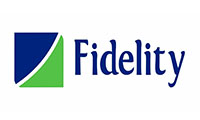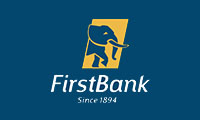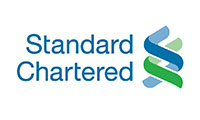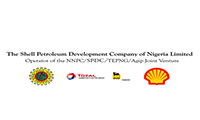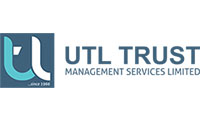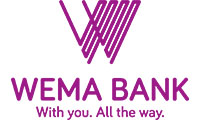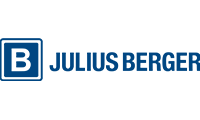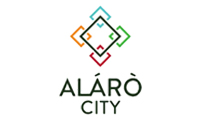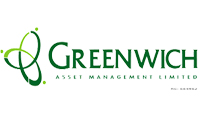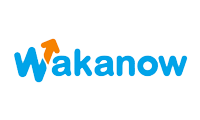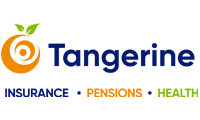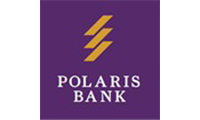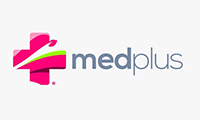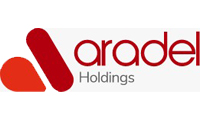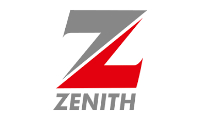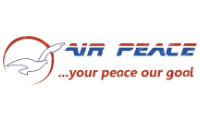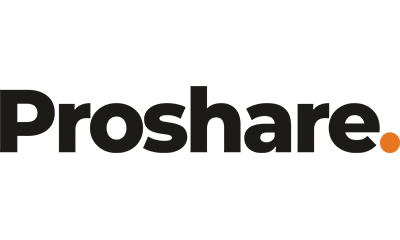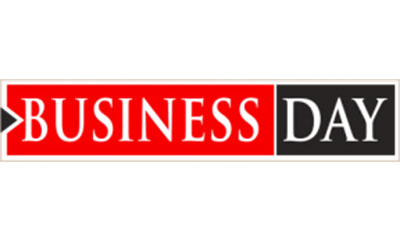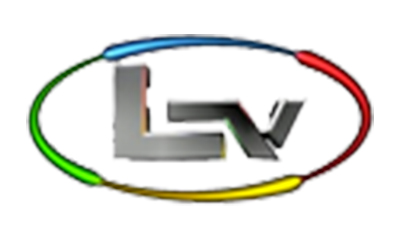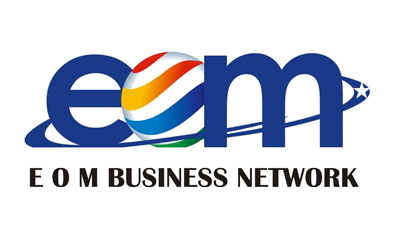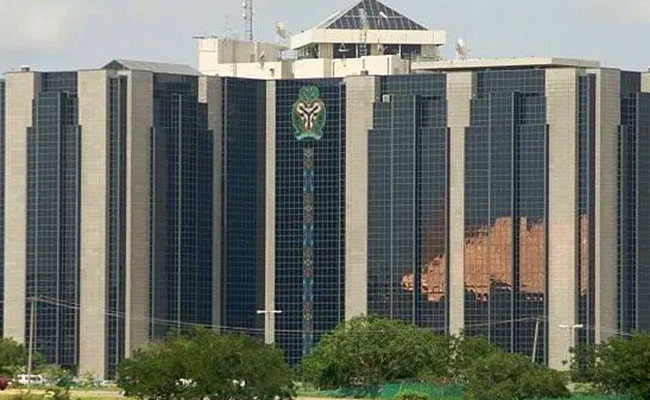
The Central Bank of Nigeria (CBN) has issued a circular removing buying agents/companies or any third parties from accessing its SMIS forex window through FORM M forex purchases.
In a circular dated August 24, 2020, the apex banks instructed that “Authorized Dealers are hereby directed to desist from opening of Form M whose payment are routed through a buying company/agent or any other third parties” effectively eliminating third parties or middlemen from transacting in forex deals in its official SMIS window.
The central bank explained that its decision was based on the need to “ensure prudent use of our foreign exchange resources and eliminate incidences of over invoicing, transfer pricing, double handling charges, and avoidable costs that are ultimately passed to the average Nigerian consumers”.
It also instructed authorised dealers to only open FORM M for Letters of Credit, Bills for Collection, and other forms of payments in favour of the ultimate supplier of the product or service.
The CBN also revealed it will be introducing a “Product Price Verification Mechanism to forestall over-pricing and/or mispricing” of goods and services imported into the country. It wants “All Authorized Dealers” to use the mechanism to verify quoted prices before FORM Ms are approved.
What this means: The central bank is in effect eliminating third parties from handling forex transactions on behalf of purchasers.
For example, assuming a company in Nigeria is looking to import a manufactured item from an OEM into the country but needs to go through the local agent of the OEM in Nigeria, FORM M will only be opened for the OEM directly and not the local agent or any third party.
Thus, the company in Nigeria seeking to purchase an item will have to pay directly to the OEMs and not through the local agent which is a third party in the transaction.
It wants money to be paid directly to the company exporting the item and to no one else. It believes this way the price will be cheaper thus reducing the amount of forex to be disbursed. Typically, imports are routed through local agency companies of OEMs abroad
However, the CBN believes some of the invoices quoted for the imports are inflated and then used for roundtripping forex at black market rates into the country.
Upshots: The CBN appears to be going one step further in helping local purchasers in the country to verify import prices for items before placing orders. This appears far-reaching as it means the apex bank will now be performing purchasing responsibilities in addition to managing monetary policy and its development finance responsibilities.
The implication, however, is that companies who make orders from OEMs abroad using FORM M may be subjected to further scrutiny by the banks and other authorized forex sellers before their FORM M can be approved.

